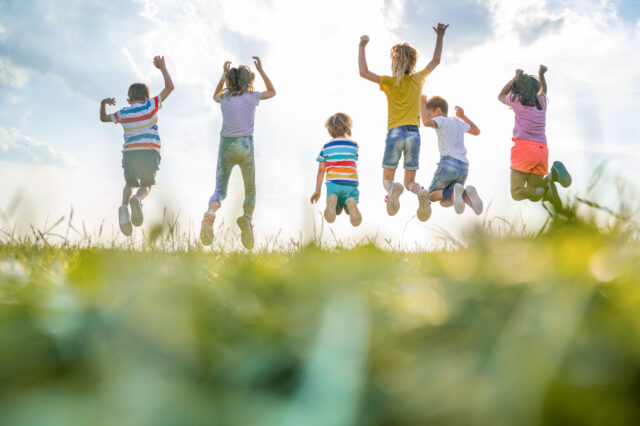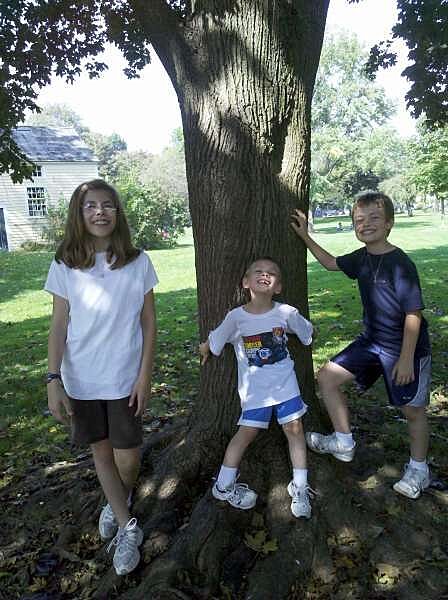Summer Camp Safety in the COVID-19 era
The COVID-19 pandemic has had a major impact on all of us, but our children are the ones whose lives have been most affected.

The COVID-19 pandemic has had a major impact on all of us, but our children are the ones whose lives have been most affected. Last year, they had a dramatic limitation on socialization, and we know this can critically affect their spiritual and intellectual growth. Distance learning, cancellation of community events, sports and school activities, as well as isolation from friends have been detrimental to the healthy development of our children.
However, we have learned a lot about safety and health precautions and adapted accordingly. Many families may go on day trips and family vacations, others may plan small gatherings and outdoor activities with friends, and some may look for one of the many available summer camps to provide recreational and learning activities.
Summer camp is a wonderful place to send children to interact with friends and create long-lasting memories. The benefits of these activities are numerous, including building social skills, self-esteem, leadership abilities, independence, and encouraging exercise and outdoor fun.
The American Academy of Pediatrics, or AAP, has released guidelines for safe camp participation. By structuring camp activities and implementing cleaning and safety measures, our kids can enjoy these wonderful summertime programs and spend some much-needed time out of the house and away from the refrigerator and electronics! In order to offer our children a wide variety of opportunities, many organizations have implemented changes to help ensure appropriate safety measures are in place. These precautions typically include but are not limited to:
- Lowering numbers of participants and smaller group activities
- Training camp staff which includes instruction of campers about the importance of safety measures
- Implementing policies to quarantine or exclude sick or exposed workers and campers
- Social distancing and mandatory masks
- Increased availability of hand sanitizers, liquid soap, paper towels and sanitizing wipes
- Proper cleaning of supplies and use of disposable eating utensils
- Increasing utilization of outdoor spaces
- For overnight camps: proper distancing in dining and sleeping areas, use of barriers and having campers sleep head to toe
- For sports activities: labeling personal equipment and mandatory sanitizing of shared equipment between uses, such as baseball bats
When considering what camps to sign up for, ask questions and make sure they have all safety precautions in place. It has been well-established that a summer camp that fits the interests and maturity of your children can have a positive effect on their psychosocial development and can increase their willingness to try new activities. Additionally, research has shown that camp decreases the risk of depression, attention problems and obesity. Now is the time to plan a wonderful summer for our kids to have a little more outdoor and recreational fun!
For more information, please visit the following sites:
- CDC Suggestions for Youth and Summer Camps
If you have health or wellness concerns about sending your child to summer camp, talk to your primary care provider. UF Health Pediatrics – Beaches offers primary care services for newborns to adolescents and young adults. Call 904-383-1046 to schedule an on-site or Virtual Visit appointment.
Visit UFJaxPrimaryCare.org to find a UF Health Family Medicine and Pediatrics practice near you.

